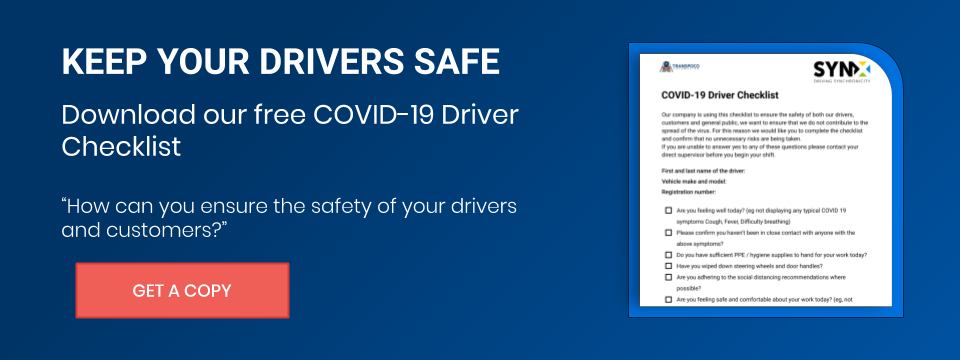
As it happens in other sectors and in our daily routines, technology is taking over and for a number of good reasons, and the fleet sector is no exception: operating multiple vehicles requires a certain ability, implies multitasking and guaranteeing safety for your staff, and fleet management technology has perfectly been dealing with all of these with a positive impact on the bottom line for a few years now.
Now, the next level of vehicle safety technology is obtained by integrating the telematics functionalities in a state-of-the-art road safety technology system that has the power to prevent accidents and risky driving while impacting on the whole organisation and on its results too, exactly as its predecessor. With the ability to monitor driver behaviour, it is well known that telematics can have a significant impact on driver safety. But telematics is not the only technology to prevent road accidents available today, as new systems are emerging at a rapid pace, from advanced driver assistance systems (ADAS) to driver coaching tools, from dash cams to AI-based solutions.
Particularly, what is the difference between the 2 most popular crash preventions technologies of today, that are standard dash cameras and AI technology?
Let's find out in the next lines!
Standard dash cameras are generally installed on the front of the vehicle, can be powered by a battery or by the vehicle’s electrical system and provide footage in high quality that is stored in the camera itself and a series of notifications in real time that can be fully customised depending on your needs. The main reason many organizations use this safe driving technology is to provide an objective record of what happened during an accident, as the footage of the camera can clearly show important facts like who had the right-of-way thus reducing fraudulent claims of injuries or accident set-ups. But fleet camera systems can definitely be used (and are actually used) as an educational tool by fleet managers to coach drivers and identify those who may need extra training or discipline: reviewing real-life footage can help managers improve driver safety behind the wheel.
AI collision management solutions combine the advantages offered by dash cams with a more sophisticated driver status monitoring software powered by AI:
- These systems do not only offer outside footage, but a driver-facing camera is monitoring what is happening on the road as well as distracted driving. In Covid times, distracted driving has been defined as another deadly epidemic with the use of mobile devices being a contributing factor to 20-30% of crashes.
- AI solutions do provide an extensive notification system if compared to the one offered by a dash cam solution, as it is not only targeting near misses or speeding, but also distracted driving and driver fatigue thanks to facial recognition, so your team will know when they should stop for a pause and will be more focused while on the road.
- Driver coaching opportunities are certainly not missing with AI solutions, you actually get information on the dangers of distracted driving and not only from previous accidents, so the driver training experience will be more complete.
So, now that you know what are the main differences between dash cameras safety systems and AI distracted driving technology, you will certainly understand AI is more than worthy for its added benefits.
If you have any questions and are interested to learn more on these systems, don't hesitate to let us know.



